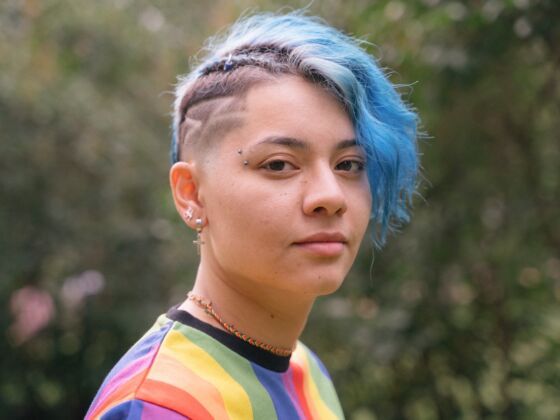1. Being queer at home is hard. Being queer while traveling is harder.
Before I travelled around South Africa with my partner, I never really realized the difference between being queer at home and queer while traveling. I study in Grahamstown and I seldom experience any outright discrimination in the area where I live. In your home town — or at least, in places you’re familiar with — it’s easier to anticipate whether people will be accepting of your queerness or not.
But when my partner and I travel around the country, knowing that hate crimes are common, fear is maximized when we’re in new places, especially since we’re both small women who are often traveling alone. Since it’s difficult to pinpoint the culture and norms around sexual orientation and heterosexism in a place where we’ve never been before, the threat of violence can often loom over our head.
